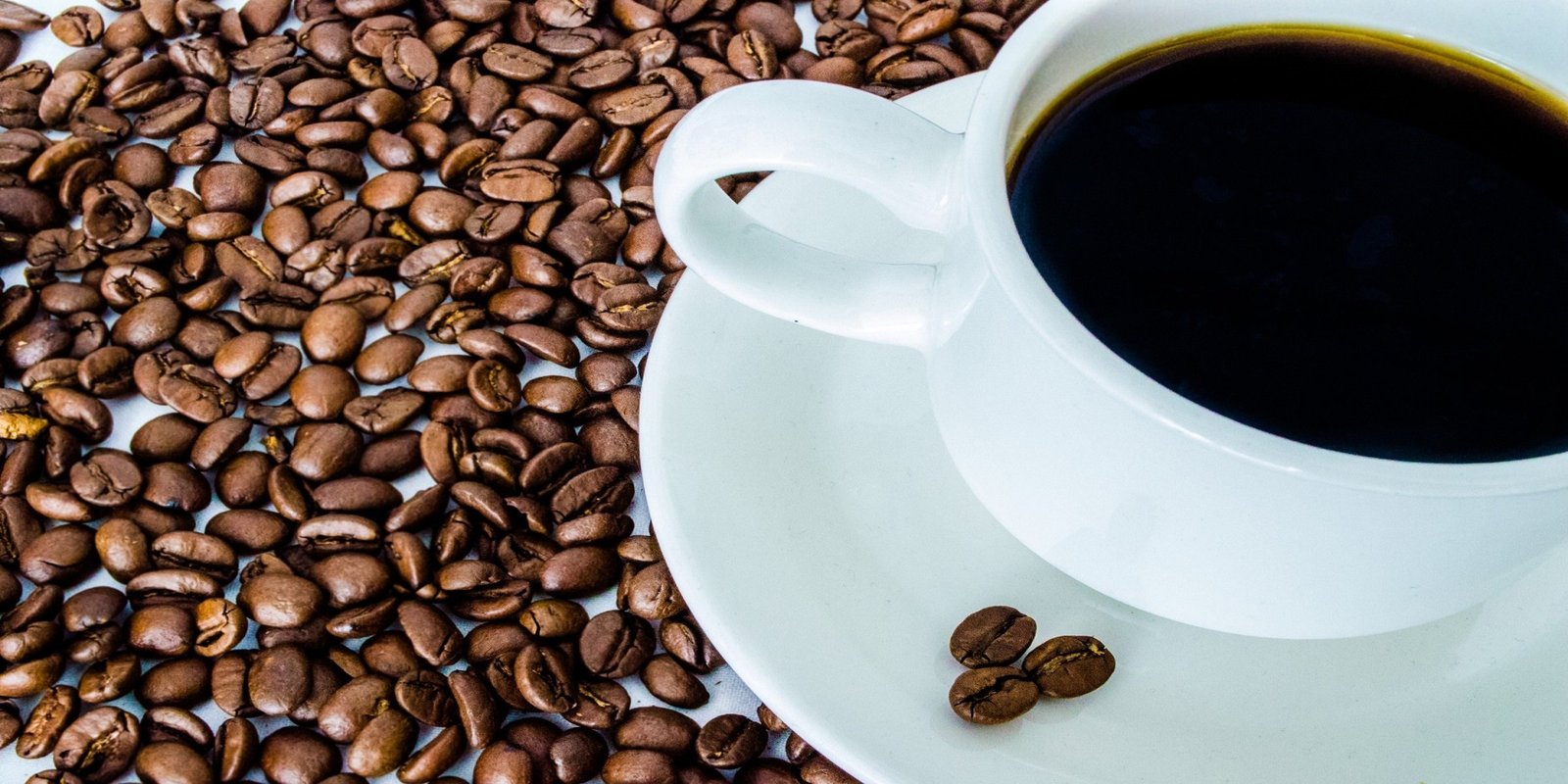Gastronomy & Culture
Swahili culture
Mombasa is the second-largest city found in Kenya around the Indian Ocean, where most of the people speak Kiswahili. It is one of the official languages that was made when the Bantu language group and the Arabs intermarried. The group of people that speak it are mostly found in Mombasa’s old town where they continue expressing their native culture.
Culture of Greetings
One way of honouring their customs is through greetings. They are particularly important to the Kiswahili’s. If a child or a young adult come across an older person, it is compulsory to greet them in a mannerly way. The child is advised to say ‘shikamoo’, which means ‘fall at your feet’. In the past it was used by the inferior to greet the superior and the elders. This greeting was answered by saying ‘marahaba’, translated to ‘thank you for your respect’.
The Islamic View of Marriage
Marriage is taken seriously in the Kiswahili traditions. Since the Kiswahili’s are Muslims, a man was allowed to marry about four wives. Marriage is preferred between cross cousins, this is done to ensure that the land and the property stays within the kin group. After marriage, the bride was not allowed to go out of the house unless she covers her body from head to toe with a black dress known as ‘buibui’ and is accompanied by an elder family member.
Swahili Traditional Dress Code
Through clothing, Kiswahili-speaking people are embracing their culture visually. Women are advised to wear a brightly coloured cloth known as ‘kang’. It is wrapped around the waist and the upper part of their bodies while men usually wear a piece of cloth known as ‘kikhai’ around their waist. They also wear a white robe from neck to toe known as ‘kanzu’.
The Taste of Kenya
The cuisine of this native group is worth mentioning as well. Mombasa’s old town locals mainly eat seafood combined with rice as their staple food. The most preferred method of cooking rice is by using coconut water and serving it with a well-spiced ‘changu’, which is more commonly known as ‘the emperor fish’. During a wedding, Kiswahili traditionally serve a rice dish with mutton or chicken called ‘biryani’.







